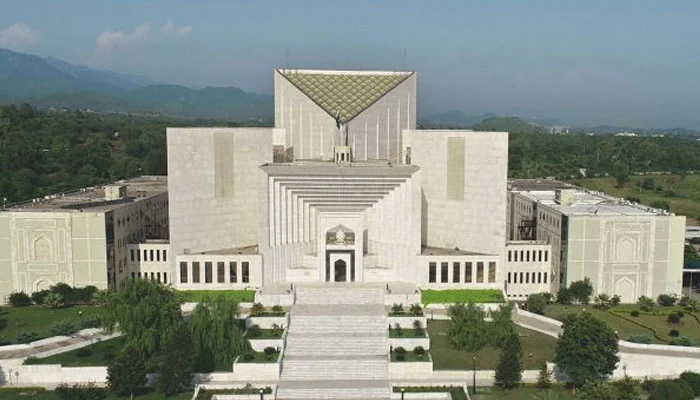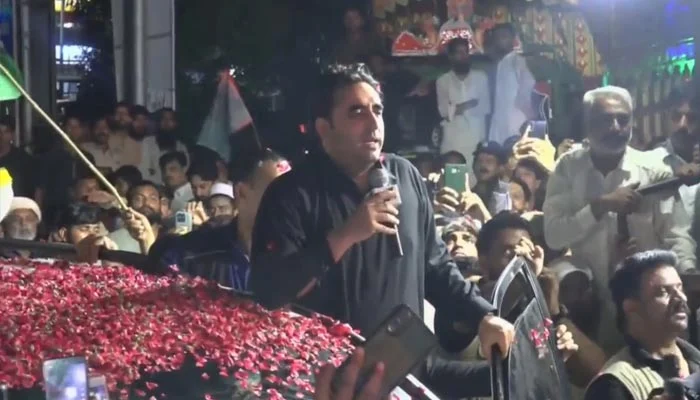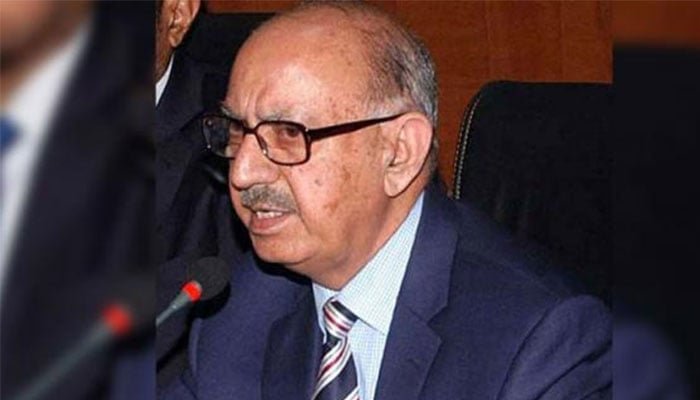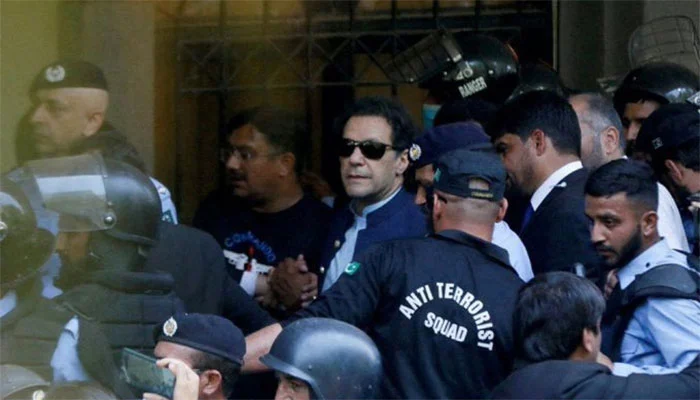The Pakistan Tehreek-e-Insaf (PTI) has withdrawn its request to hold elections within 90 days in the Supreme Court, following protests and objections. The move comes in the midst of a broader political crisis in Pakistan, with opposition parties demanding the resignation of Prime Minister Imran Khan over allegations of misgovernance and economic instability.
According to reports, the Registrar of the Supreme Court returned PTI’s application for early elections, which had been filed through Barrister Ali Zafar. The Registrar cited several objections raised during the review of the request.
One of the key objections was that the petitioner, in this case, the PTI, did not approach any relevant forum before coming to the Supreme Court. Additionally, it was argued that the President of Pakistan cannot be made a party to the case under Article 248 of the Constitution. The application also lacked clarity on which fundamental rights of the petitioner were affected.
Moreover, the application failed to meet the requirements of Article 184(3) of the Constitution, which outlines the conditions under which the Supreme Court can take suo motu action. This article is often invoked in matters of public interest.
In a separate legal development related to the ongoing political turmoil, District and Sessions Judge Tahir Abbas Sipra of the Islamabad District and Sessions Court issued an arrest warrant for former federal minister Fawad Chaudhry in a case related to sedition charges against him. Fawad Chaudhry is accused of inciting government employees to revolt against the government. The court set September 27 as the date for his appearance in the case.
These legal and political developments underscore the deepening political crisis in Pakistan, with the opposition parties seeking to capitalize on public discontent to challenge the PTI government’s legitimacy. The PTI’s withdrawal of its request for early elections in the Supreme Court may be seen as a strategic move amid a contentious political environment.
The situation in Pakistan remains fluid, and it will be important to monitor how the government and opposition navigate these legal and political challenges in the coming weeks and months. The issues at play include concerns over governance, allegations of electoral manipulation, and broader questions about the functioning of democratic institutions in the country.



